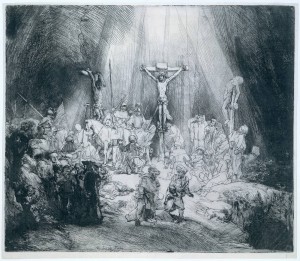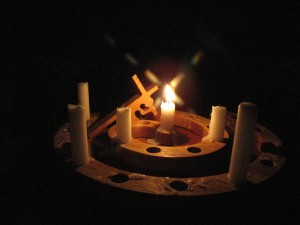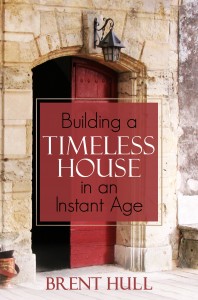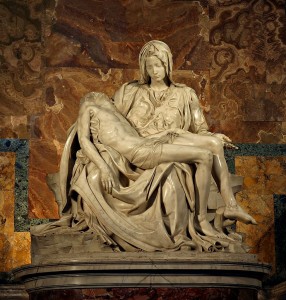I hear many voices crying out for tolerance in these days.
We are exhorted by our leaders, our culture, to show tolerance to those around us.
Everywhere I turn, I am pleaded with to be tolerant, to show tolerance to anyone who is different, anyone who thinks or behaves differently than I.
Is this what we who are Christ followers are called to be? Tolerant?
Is this really all that we can manage, all that we can aspire to do?
Tolerance is easy. It costs me nothing.
Tolerance shrugs its shoulders and walks away, leaving you to your own devices. Tolerance doesn’t care.
And the second is like it: “Love your neighbor as yourself.”
Love is much harder.
Love affirms the reality of the other person, culture and way of life.
Love takes the trouble to get to know the other person and find out what makes them special.
Love wants what is best for that person or culture.
It was love that drove William Wilberforce to lead the British parliamentary campaign to abolish the slave trade, not tolerance.
It was love that brought the world to oppose an apartheid regime in South Africa, not tolerance.
It was love that led Martin Luther King to pursue civil rights, not tolerance.
It was love that sent Jesus to the cross on our behalf, not tolerance.
As I live in this world that is increasingly intolerant of anything that is other, as I live my life in contact with people who are different than me, I will pray for strength to choose the harder way.
If I am to be Jesus to those around me, if I am to make a difference for Him in this world, I must choose love, not tolerance.
Love must confront Tolerance and insist, as it has always done, on a better way. ~ Tim Keller in Generous Justice
To hear my blog post read aloud, just click the play button. If you’re reading this in an email, you may have to click here to hear the post on my site.
art credits: Crowds by J. Solis; The Three Crosses etching by Rembrandt
edited from the archives


















































